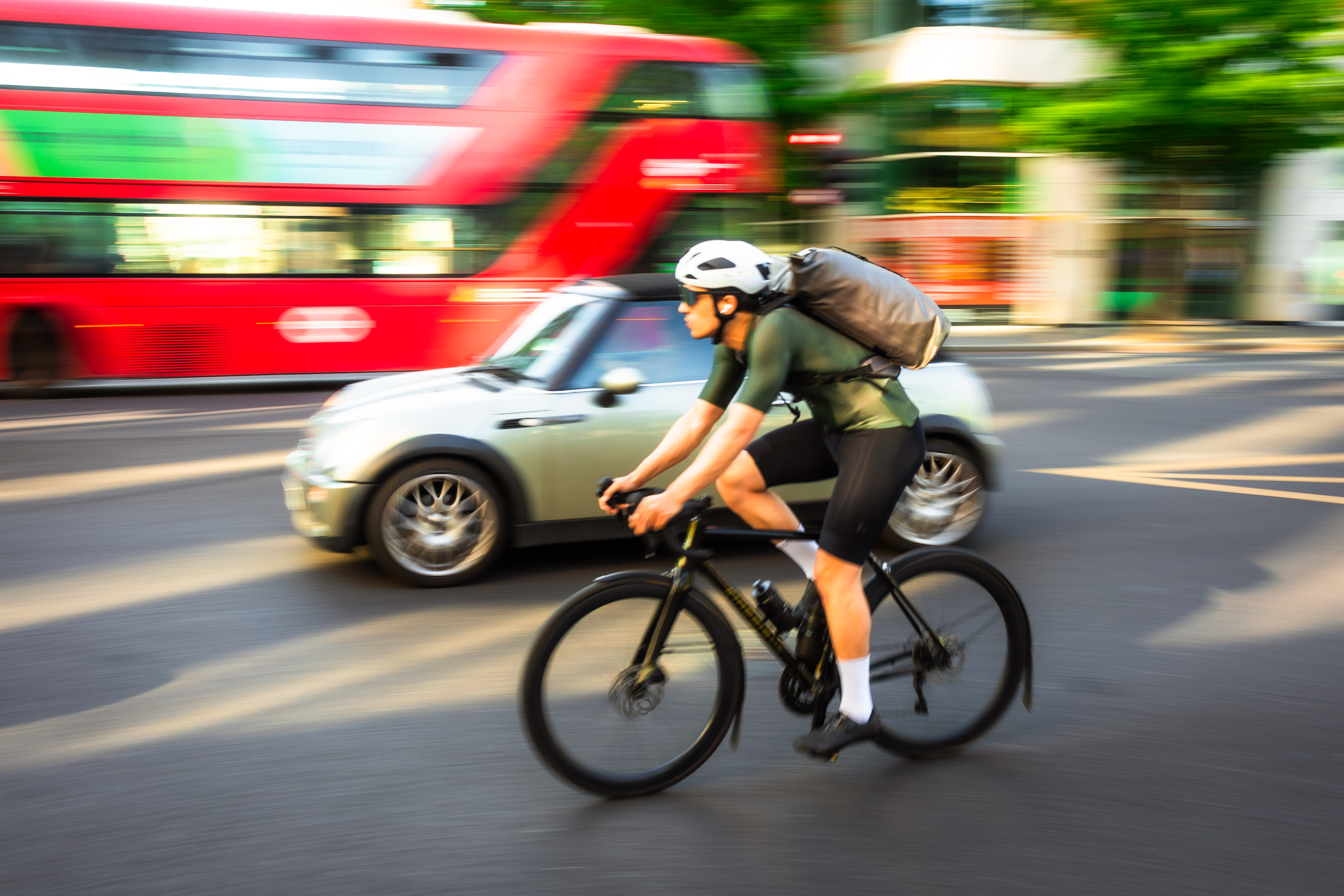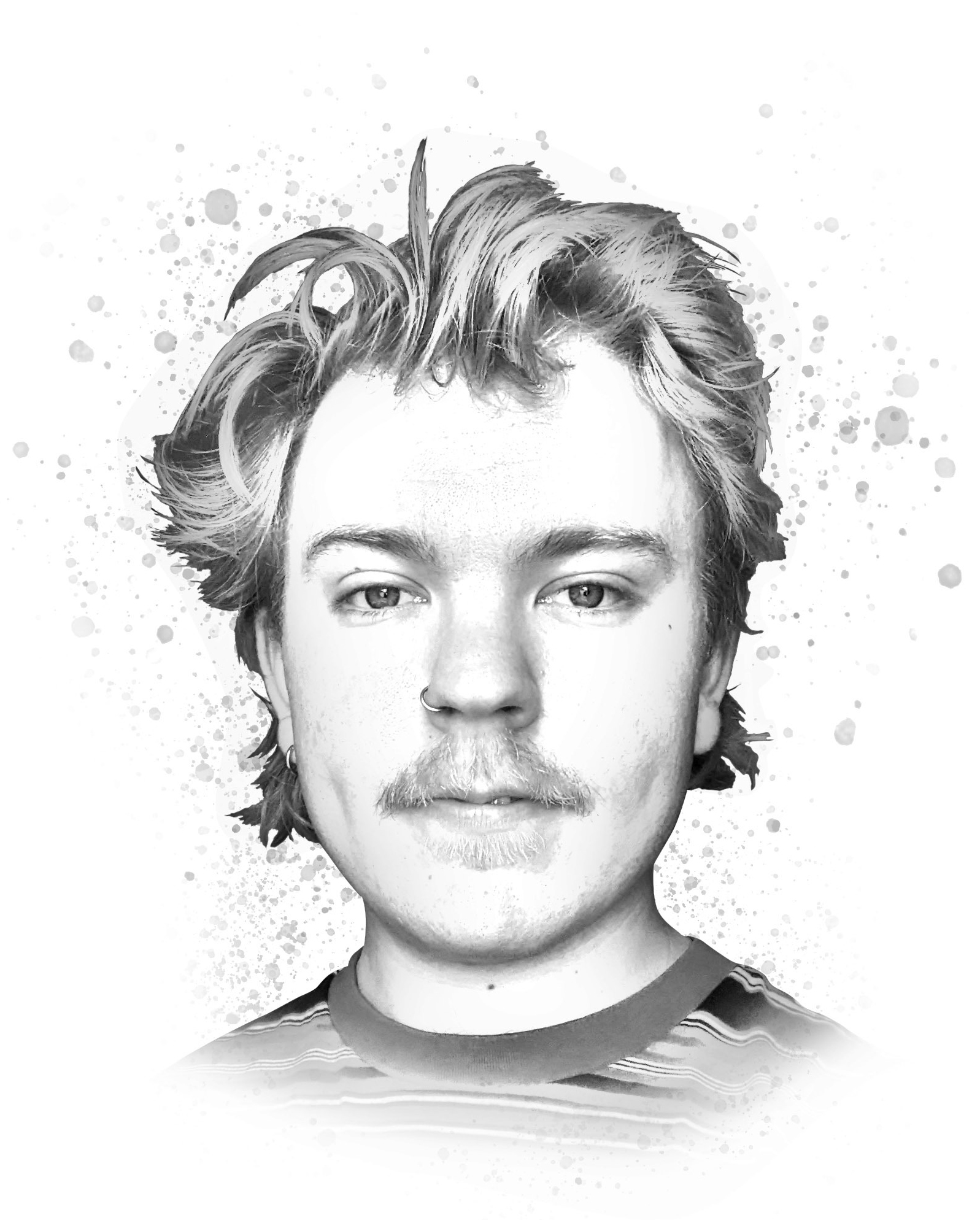Cyclists remain hated and vilified – what would it take to shift the dial?
Abuse is common just for riding a bike


The latest race content, interviews, features, reviews and expert buying guides, direct to your inbox!
You are now subscribed
Your newsletter sign-up was successful
I am a cyclist. Not that that should be a surprise, seeing as I write about it all the time and I’m the news editor of Cycling Weekly, but I am a cyclist. Not someone who rides their bike occasionally, not a commuter, but someone who identifies as a cyclist. It’s not a protected characteristic, obviously, but it is a central part of my personality, something that defines me.
To some, this is anathema. It’s my fortune as a white man that I don’t attract much in the way of abuse or harassment in day-to-day life, but when I’m on my bike, especially in lycra, people, normally drivers, will go out of their way to hurl invectives at me, make me feel unsafe, perhaps even spit at me or the similar-but-less-horrible spray me with windscreen wash fluid. If I wasn’t a white man it would probably be worse.

News editor at Cycling Weekly, Adam brings his weekly thoughts on the goings on at the upper echelons of our sport. This piece is part of The Leadout, a newsletter series from Cycling Weekly and Cyclingnews. To get this in your inbox, subscribe here. As ever, email adam.becket@futurenet.com - should you wish to add anything, or suggest a topic.
It’s not novel that we live in societies where abuse and harassment are rife. To be clear: this is a bigger issue than cycling. However, what is it about cycling which causes such opprobrium and vilification? Hatred of cyclists has always seemed like fair game. It’s not just a bit of fun and games, too, it’s the kind of conversation that leads to drivers deliberately trying to harm cyclists, or at least make their lives miserable and scary.
This national conversation is led, in the UK anyway, by a media that is all too ready to bash people on two wheels. No matter that the overwhelming majority of deaths and incidents on our roads are caused by drivers in ever bigger cars, the single biggest issue seems to always be cyclists running red lights, or how awful it is that money might be spent on making cycling easier, safer, and nicer.
This filters down, amplified by the toxic space of social media, into the heads of ordinary people, who then decide to abuse us. Earlier this month, the British time triallist George Fox posted a video of himself and a friend narrowly being missed by a driver crashing their car. Everyone was safe. Yet the comments under the viral video were horrid, from people saying that Fox and his friend deserved to be hit to people telling them to get off the road. Comments on his Instagram post were limited as a result.
I live in a country where the car is king, and anyone who gets in the way is immediately worthy of hate. I deserve to be on roads just as much as any driver, and yet to many I am the issue. There should be no cyclists vs drivers, but we are constantly forced into this dichotomy by people in cars who can’t understand a world beyond the combustion engine. I am an unwitting pawn in the culture war, when I’m just going for a bike ride. I’m not always advertising my hope for the downfall of the private car.
The Irish track cyclist Orla Walsh put it better than I could on Instagram: “I’ll never understand the loss of empathy that makes some people forget that cyclists are just humans trying to get from A to B - not obstacles in their way.”
The latest race content, interviews, features, reviews and expert buying guides, direct to your inbox!
I am a cyclist, and yet I’m also an ordinary human. The idea that cyclists need to be humanised is patronising, and disappointing. I am, by my nature on a bike, much more vulnerable in my helmet and lycra against a driver in a two-tonne machine with airbags and seatbelts.
We need a cycling revolution – pardon the pun – that much is clear. It has been promised and teased by various governments, but it is far off in the UK, and the US. We remain over-reliant on vehicles, while the world would be so much better on two wheels, on quieter roads. Mark Fisher spoke of our inability to imagine a world post-capitalism due to the strength and overwhelming feeling of late capitalism, and it’s the same post-car. However, we can keep cycling, keep taking up space, keep pressing for infrastructure spending and safer streets. It might feel bleak at times, but cycling is the future; we just need everyone else to realise.
The cycling utopias around the world didn’t come from nowhere. The Dutch staged protests in order to make their roads safer, to reclaim them from cars and their drivers. Paris, Gent, Amsterdam, Copenhagen, these places aren’t perfect, but they have required political will to make the revolution happen. Once that happens, the benefits are clear, and a city changes – something recognised by the Copenhagenize Index, where the UK and US were absent in the top 30. A better future is possible.
This piece is part of The Leadout, the offering of newsletters from Cycling Weekly and Cyclingnews. To get this in your inbox, subscribe here.
If you want to get in touch with Adam, email adam.becket@futurenet.com, or comment below.

Adam is Cycling Weekly’s news editor – his greatest love is road racing but as long as he is cycling, he's happy. Before joining CW in 2021 he spent two years writing for Procycling. He's usually out and about on the roads of Bristol and its surrounds.
Before cycling took over his professional life, he covered ecclesiastical matters at the world’s largest Anglican newspaper and politics at Business Insider. Don't ask how that is related to riding bikes.
You must confirm your public display name before commenting
Please logout and then login again, you will then be prompted to enter your display name.